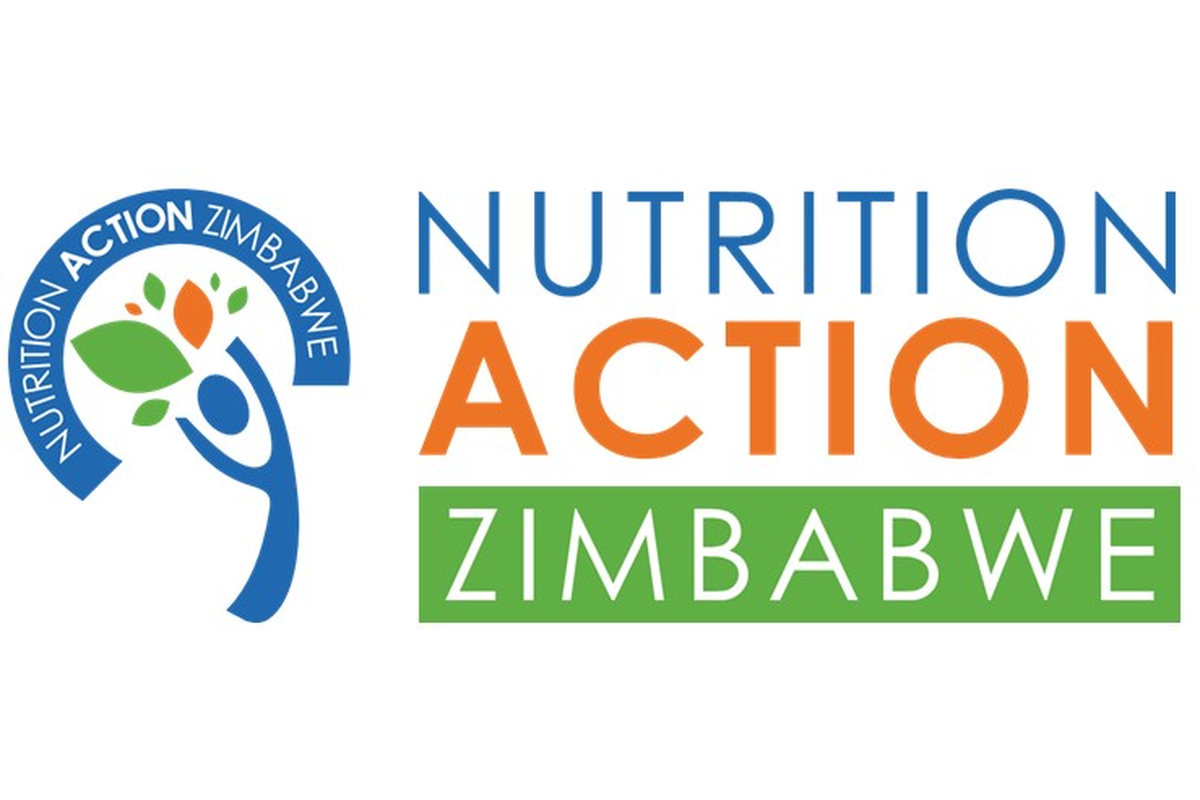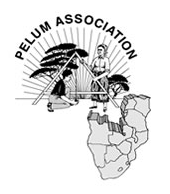Terms Of Reference For Protection and Gender Rapid Needs Assessment Study in Mberengwa District
Job Description
TERMS OF REFERENCE FOR PROTECTION AND GENDER RAPID NEEDS ASSESSMENT
Organization : Bethany Project
Consultancy Title : Protection and Gender Rapid Needs Assessment Study in Mberengwa District
Location
Mberengwa District, Zimbabwe (Ward 14, 15, 31 and 33)
Duration: 12 days
INTRODUCTION TO BETHANY PROJECT
Bethany Project is a registered Non-Profit Organization which started operating in 1995. The organization has its presence in two districts in the Midlands province in Zimbabwe, focussing on Zvishavane and Mberengwa districts. It is a youth focussed organisation that works with the 24 years and below age group. Its vision as enshrined in the 2022 to 2026 Strategic plan is “Comprehensive and sustainable community-based care and support for male and female children and youths affected by HIV and AIDS, with disabilities and vulnerable”. The Strategic plan areas of focus are as follows:
• Social and Economic Empowerment of children and youths
• Sexual and Reproductive Health Rights of adolescents and youths
• Sexual and Gender Based Violence faced by children and youths
• Food Security for infants, children and youths
• Community Capacity Building targeting parents, community members and leaders
• Institutional Strengthening for Bethany Project
Background to the study
Bethany Project mainstreams Protection issues in all its programming. The organization aims at building the capacity of communities such that they can address the challenges they face, and advocate for a safe environment especially for girls and young women. With funding from the Global Affairs Canada (GAC), Bethany has partnered Oxfam and the Zimbabwean government in Mberengwa District under the Integrated Emergency Response to El Niño Drought Affected Communities in Zimbabwe, Zambia, Mozambique, and Malawi. The project which has 3 main interventions, that is WASH, food security and protection is operating in at least 4 wards, (14, 15, 31, 33). The program is responding to the effects of El Nino induced drought which left communities affected vulnerable and incapacitated to respond to future hazards. The preceding needs assessments done internally have revealed that the communities’ coping mechanisms were eroded, particularly around access to food and water, resulting in significant protection risks and rise in domestic violence as households scramble for the little resources.
Mberengwa district was affected by the El Nino induced drought which left the district food and water insecure. The district with its largely rural population which heavily relies on communal farming complemented by mining activities was severely affected. Some cultural norms and practices are still being practiced which hinder access to GBV services by women and girls. Issues of Protection increase during emergency situation as evidenced by the Rural ZimVAC Report 2023 overlaid with data from the Multiple Indicator Cluster Surveys (MICS) 2019 which suggests that GBV increases in districts with higher levels of food insecurity. In Zimbabwe, drought significantly impacts women and girls by disproportionately burdening them with water collection and search for food, increasing their risk to gender-based violence. These challenges often force them into early marriages or other exploitative situations due to the economic pressures on their families, essentially amplifying existing inequalities they face. Access to Gender Based Violence (GBV) facilities and services in Mberengwa is very low. According to the Midlands ZimLAC (2021), only 25% survivors of Gender Based Violence have access to police and ZRP Victim Friendly Unit services in Mberengwa district. This then shows that, when it comes to rape, accessing the services within the first 72 hours becomes difficult for a survivor in a remote area in Mberengwa district. Also according to the same ZIMVAC report, 89% of people who fetch water are women and girls 15 years and above. Violence occurrence rate at water points is at 3% and affects these women and girls, illustrating challenges girls and women face during droughts. It is against this background that Bethany Project seeks to engage a consultant to conduct a Protection and Gender Rapid Needs Assessment.
Duties and Responsibilities
OBJECTIVE OF THE PROTECTION AND GENDER RAPID NEEDS ASSESSMENT
The objectives of the Protection and Gender Rapid Needs Assessment-
1. To analyze the gender dynamics and diversity within the community, focusing on critical gender issues, existing inequalities, and entrenched norms that shape protection threats and vulnerabilities. This assessment aims to explore how these factors influence relationships, and protection concerns among the population in the operational area, with the goal of understanding the scope and nature of threats to their safety, rights, and well-being amidst the El Nino-induced drought crisis.
2. To assess the protection risks and vulnerabilities impacting rights holders including girls, boys, youth, women, and men in the context of Water, Sanitation, and Hygiene (WASH) and Food security.
3. To assess the functionality and impact of reporting and referral mechanisms, alongside the availability and accessibility of critical services such as healthcare, legal assistance, and psychosocial support for individuals at risk. Additionally, to identify community coping strategies, established structures, and potential partnerships that strengthen protective responses.
4. To provide recommendations on urgent and prioritized needs that inform the development of targeted protection strategies aimed at mitigating identified risks. Additionally, to collect data that supports the creation of gender-sensitive and protection-focused interventions addressing immediate concerns while promoting long term recovery and sustainable resilience.
SCOPE OF THE STUDY
The Protection and Gender Rapid Needs Assessment Study shall cover all targeted wards. The data collection should be obtained from key stakeholders including girls and boys at different ages, Women & Men, People with disability, People living with HIV and from other related stakeholders including government, NGOs and agencies.
APPROACH AND METHODOLOGY
The consultant must clearly outline how the protection and gender rapid needs assessment will be conducted. The process should exhibit a structured data-driven methodology focusing on delivering measurable results aligned with the Bethany Project assessment objectives. The tools to be used in the assessment should be listed, same with the stakeholders who shall be consulted or involved. The consultant must demonstrate the capacity to use diverse and participatory tools including but not limited to desk review, interviews, key informant interviews and focus group discussion. The consultant should be committed to ensuring that the rights of those participating in data collection or analysis are respected and protected, in accordance with Bethany Project and Oxfam Safeguarding Policies. Bethany Project and Oxfam retain intellectual property rights to the data and materials produced under this assignment and the consultant will do everything necessary to give effect to this assignment.
TIMELINES
• The consultant will be expected to complete the work within a 12 days from the contract's commencement date.
• Expected Start Date: TBA
Follow up meetings shall be conducted between Bethany Project and the consultant firm to address any operational area problem anticipated during the whole period of the assessment. The proposed detailed work plan to undertake this assessment is based on below tentative schedule:-
Activity & Number of days
Consultant to sign contract for the assignment
0.5 days
Review of documents and development of the inception report and study instruments
1day
Presentation of Inception report and data collection tools
0.5day
Primary data collection (field work)
4days
Data analysis and report writing
3days
Submission of the draft study report to Bethany Project and partners
0.5day
Presentation of study findings/ sharing feedback on report
0.5day
Incorporating comments on draft report
1day
Final report presentation and validation
1day
Total number of days
12 days
BETHANY PROJECT PROVISIONS TO THE CONSULTANT:
• Provider of documents and linkages related to the assessment that are requested by the consultant
• Provide financial support to the consultant on time based on signed contractual agreement
• Facilitate any necessary approval of the assessment with relevant local authorities in the district
• Ensure the consultant and the working team understands the safeguarding policy and code of conduct
• Ensure consent forms are available and used by the working team.
• Ensure the ethics guidelines are in place and considered by the working team.
DELIVERABLES AND OUTPUTS
Below are the expected deliverables by the consultant based on close consultation with the Project Manager:
• An inception report highlighting methodology, detailed work plan, templates for assessment, assessment teams, as well as the budget to be reviewed and approved by Bethany Project in consultation with Oxfam to be submitted within 3 days of contract commencement.
• Conduct a desk review of key relevant documents and literature (both internal and external) to have clear understanding of the contextual framework.
• Carry out fieldwork within the operational wards, utilizing methods such as Focus Group Discussions (FGDs), Key Informant Interviews (KII), surveys, and other evidence-gathering techniques to inform the survey effectively
• Provide final version of data collection tools, methodology and analysis.
• Carry out and administer data collection and analysis for reporting
• Interim Report: Preliminary findings and analysis, to be submitted within 3 weeks after the contract commencement date. The report will undergo different organizational review process and the consultant should expect rounds of feedbacks from Bethany Project.
• Final assessment report should also be submitted in electronic version incorporating the main benchmarks, recommendations and finding on existing programs.
• Presentation: A PowerPoint presentation summarizing the study's key findings and recommendations, to be delivered at a stakeholder workshop/meeting.
• Provide a copy of the raw data either soft or hard for documentation or further analysis if needed.
Qualifications and Experience
REQUIRED EXPERTISE AND ACADEMIC QUALIFICATIONS
The consultancy team should have the following skills
• Proven experience in conducting high-quality assessments and mappings, utilizing participatory methodologies, with a strong focus on protection and social norms.
• Advanced degree in social sciences, public health, development studies, or a related field.
• Demonstrated awareness of gender equality, transformative gender approaches, and responsive programming. Possess a comprehensive understanding of gender-sensitive strategies and protection frameworks, with a proven ability to address vulnerabilities and mitigate risks effectively.
• Demonstrated expertise in conducting desk reviews, rapid assessments, and evaluations, with proficiency in both qualitative and quantitative data collection methods.
• Strong technical expertise in protection, gender, and community development is essential.
• Excellent communication skills (written and oral) in English and Shona/Ndebele/or any other local language.
• Proven ability to publish concise, focused, and easily understandable research/studies and assessment reports.
How to Apply
APPLICATION PROCESS & REQUIREMENTS
Interested Consultant must submit the following documents:
• Letter of Confirmation of Interest and Availability (maximum of 1 page).
• CV of the firm and the survey team members that will be involved in the assessment.
• Technical and financial proposal indicating an all-inclusive lump sum contract price, supported by a breakdown of costs. Technical proposal should outline your approach and methodology, sample size and key study participants.
• Sample of previous work in similar consultancy work (assessment/survey/baseline assessment) and professional references.
APPLICATIONS
Applications are to be submitted together with the proposal including your financial proposal and documents via email on or before Tuesday 2 December at 4:30pm to [email protected] copy [email protected].
BINDINGS
All documents, papers and data produced during the assessment are to be treated as Bethany Project property and restricted for public use. The contracted agency/consultant will submit all original documents, materials and data to Bethany Project.
Similar Listings

TERMS OF REFERENCE CONSULTANCY FOR THE DEVELOPMENT OF THE NUTRITION ACTION ZIMBABWE (NAZ) STRATEGIC PLAN (2026–2030)
Nutrition Action Zimbabwe ~~ 0 — Harare

Development of alternative clauses of the Climate Change Management Bill
Unknown — Unknown

Development of a Training Manual to Mainstream Gender Inclusion, Transparency, and Accountability
Unknown — Unknown

CALL FOR CONSULTANCY SERVICES Fundraising Capacity Building & Organisational Sustainability Consultant.
PELUM (Participatory Ecological Land Use Management Association) — Harare

Location: Midlands
Company: Local NGO
Expiry Date: 2025-12-02 00:00:00
